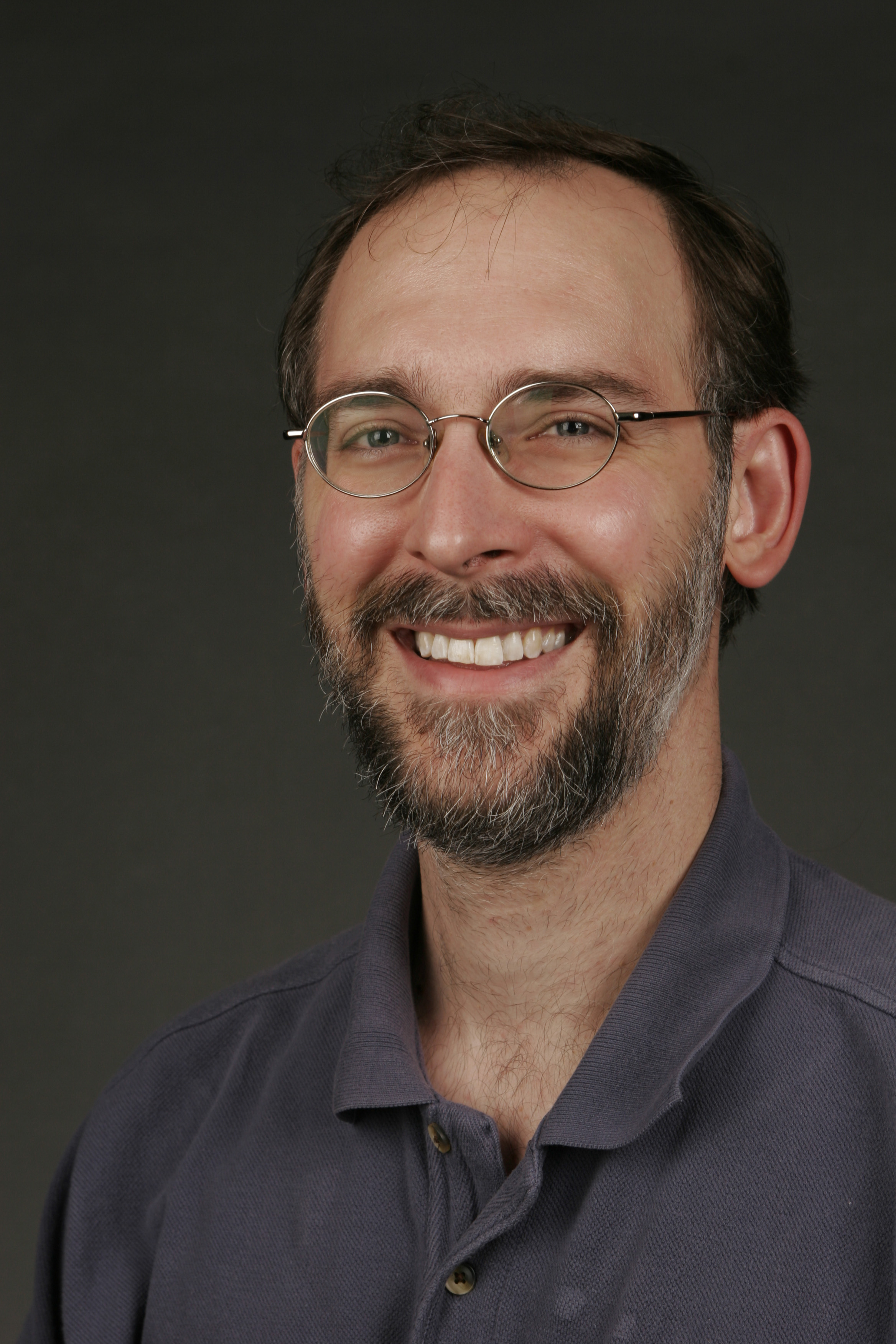Exploring Faculty Scholarship: Seven Years of Interviews
We invited Christopher Benda, a theological librarian at Vanderbilt Divinity Library, to reflect on seven years of his audio interview series “Authorial Intentions.” Chris first joined the Vanderbilt Library system in 1997 and joined the Divinity Library staff in 2007. He and his colleagues are invaluable resources supporting student and faculty scholarship and research.

This May will mark the seventh year of Authorial Intentions, a series of interviews with Divinity and GDR faculty about recent or forthcoming publications. The inspiration behind doing these interviews came from the interview series Entitled Opinions, which I enjoyed listening to while taking walks or doing household chores. Robert Harrison, the Stanford professor of French and Italian who hosts Entitled Opinions, talks with his guests about all sorts of topics, from African and Caribbean Francophone writers to Wittgenstein. My enjoyment of Harrison’s show led me to think about doing something similar with Divinity School faculty. Desiring a bit more structure than an extemporaneous conversation, I decided to focus on new faculty publications. I would read faculty books, generate a list of questions, and use them to guide the conversation. And that’s how I’ve mostly conducted the interviews.
The interviews are all audio rather than video – partly because of my experience listening to Entitled Opinions, partly because someone I consulted on campus asked, “What will video get you that audio won’t?” or words to that effect. Nothing that I could think of, so audio it was. Anyone can get to the interviews: they’re on the Divinity Library Web site as well as in DiscoverArchive, Vanderbilt’s institutional repository. A few are in iTunes U; at some point, I’d like them all to be there.
Last year, I started a second series of interviews, this one called Open Exchanges. Also available on the Divinity Library Web site and in DiscoverArchive, this interview series focuses on (typically) shorter faculty publications that can be made available online for anyone to read. The impetus for this series is both practical and philosophical: practical in the sense that folks who listen to the interview don’t need to go out of their way (or spend any money) to read the item that the interview is concerned with; philosophical in the sense that many libraries and librarians are advocates of open access publications, and this series is a small way of advocating in that direction.
The interviews have been helpful for me to get to know faculty work and the faculty themselves. I hope they’ve also been helpful for listeners. Generally speaking, the actual interview process has been uneventful, though one particular interview stands out: it was with a faculty member who was in France at the time, and I was still doing interviews using a Mac laptop (I’ve since moved to a small recorder that’s easier to tote around). We decided to use Skype, and I found some free software to record the interview. Things were going well until the thunderstorm started (on his end). We needed to truncate the interview, and, instead of trying to pick up where we left off, we started all over again. (I only released the finished version.) So far, that’s as exciting as the interview process has gotten – but I’m hoping that all of the interviews, in their own ways, have been exciting to listen to and learn from.